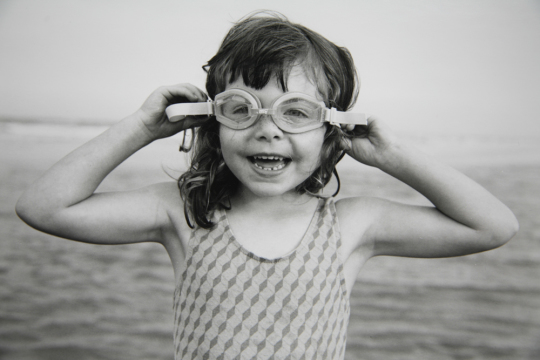How the Happiest People Think and Act
The happiest parts of vacations are planning them. The most joyous time is before we even pack our bags. And only those who were able to really, truly check out and relax reported a performance and happiness boost after returning to work.
We aren’t very good at remembering how we felt in the past. We consistently remember the highlights, when in fact the majority of the actual time spent was more mundane. We have the experiencing self in real time who has opinions and emotions, and we have a remembering self who recollects events and provides us with advice about the quality of that experience and how to make future choices.
Researchers have consistently demonstrated that we are poor predictors of what will make us happy in the future. The world is full of miserable lottery winners. We still think that, if only we have the house, the car, the spouse, the job, the vacation, we will be so happy. And yet consistently many of these dreams fail to deliver joy upon arrival, or at least to deliver sustainable joy. One reason is our projection bias – we think the way we feel now is the way we will feel in the future. After a big dinner we think we won’t enjoy breakfast because we’re full. Which explains why we buy impulsively at the grocery store when we are hungry, and the most sensible shopping is done after a meal.
Daniel Kahneman and his colleagues conducted a study in which the researchers asked participants to categorize their days into fifteen-minute increments and value them in real time on the basis of how they felt at those moments. They found that we really only spend less than 30% of our day engaged in activities we characterize as either enjoyable or meaningful. And our most enjoyable or meaningful moments are almost always in the company of others and in pursuit of a purpose greater than ourselves. These are times at lunches, or dinner parties, or playing with friends and loved ones. In the study, the activity of volunteering or working with loved ones in the service of others was evaluated as peak happiness events.
Harvard has completed a study observing the lives of 268 men from 1938 until now. From war to marriage to career triumphs, personal tragedies, parenting, habits and daily behaviors, the Grant Foundation has followed these men as they live (and sometimes die) for the last 80 years. In the book Triumphs of Experience, George Valient breaks down what they have learned are characteristics of a long, healthy and joyful life.
It doesn’t have anything to do with religion, political or sexual orientation. A happy childhood is helpful, but not necessary, for a thriving adult life. The habits you establish before 50 become predictive of mental and physical stability decades later. Learning and change is a lifelong pursuit, and not restricted to childhood and adolescence. And the inevitability of a mid-life crisis is a myth popularized in the 70s.
But according to the study, the two strongest behavioral contributors of a joyful and successful life are the ability to create quality relationships with those around us, and establishing “mature defenses.” According to George Valliant “altruism (doing as one would be done by), anticipation (keeping future pain in awareness), humor (managing not to take oneself too seriously), sublimation (finding gratifying alternatives), and suppression (keeping a stiff upper lip) are the very stuff of which positive mental health is made.”
Go forth in 2015 with happiness, success and joy.



